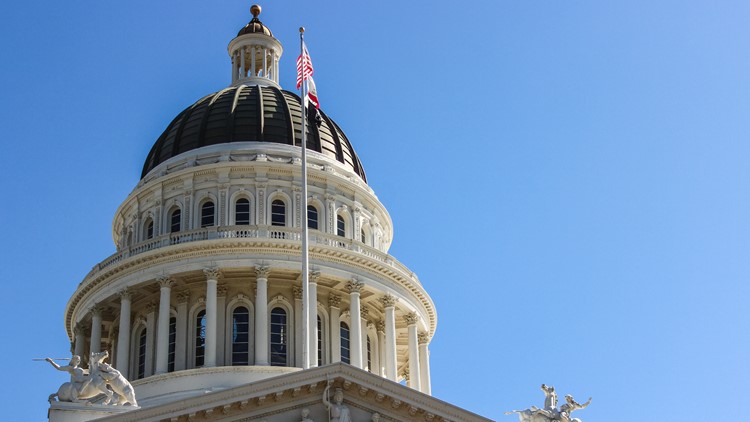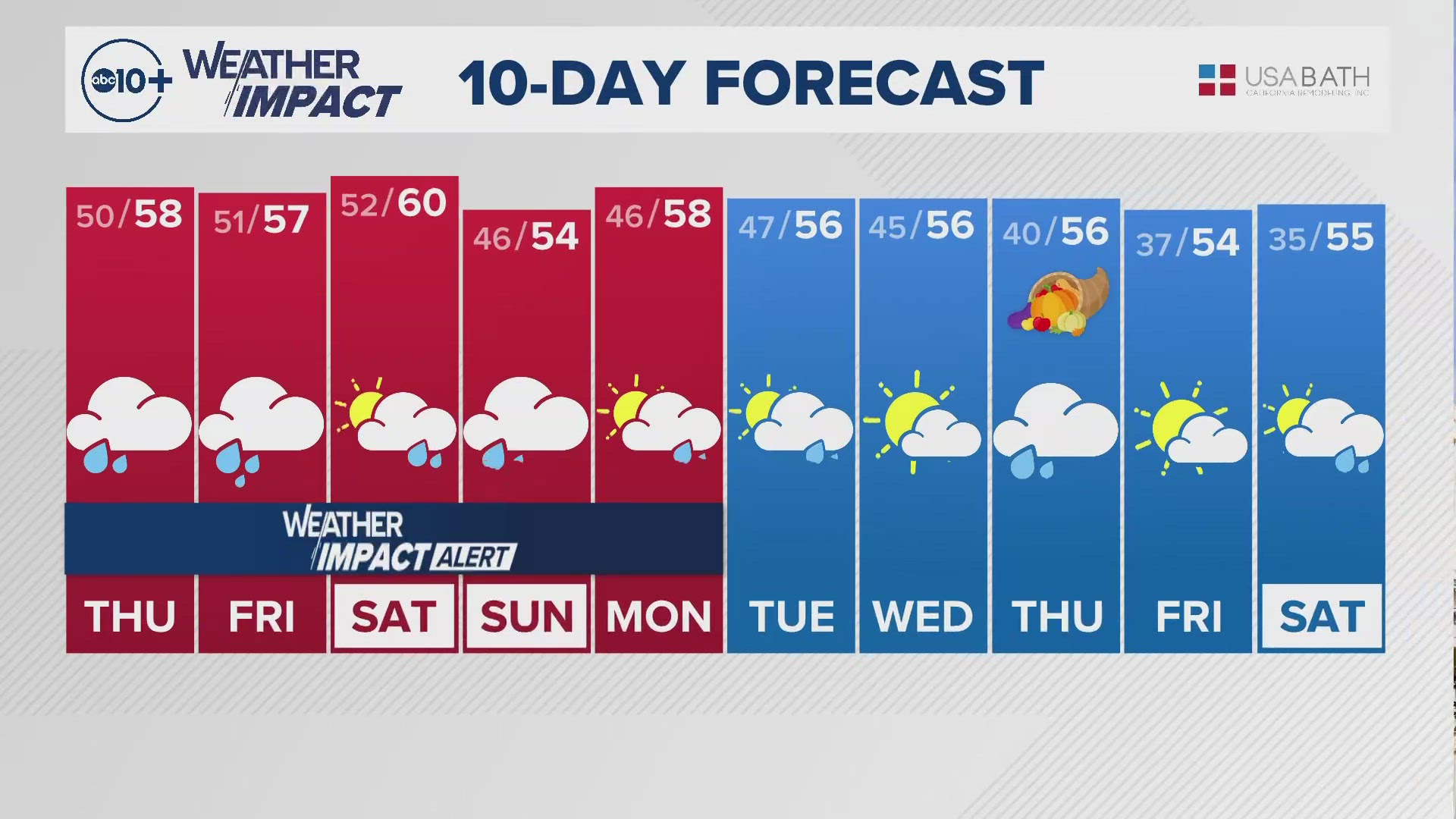SACRAMENTO, Calif. — A new study from the UCLA School of Law’s Center on Reproductive Health, Law, and Policy says California could see up to 16,100 more people traveling to the state each year to seek abortion services, now that the U.S. Supreme Court has overturned Roe v. Wade.
That’s in addition to Californians who are getting abortions in the state, putting more strain on the reproductive healthcare system.
UCLA Law Professor Cary Franklin is faculty director of the Center on Reproductive Health, Law, and Policy.
“I think there will be thousands and thousands of people coming to California to seek care from surrounding states where bans are implemented,” Franklin said.
She added that California’s abortion care access is not as robust as it should be “and that in the northern and western part of the state, in particular, you may have to travel a long distance. But, as I said, legislators and providers have been anticipating this for a long time, so there are programs already in place to expand the number of clinics, to increase funding for uncompensated care that's provided, to even provide transportation and hotels, in some circumstances, to meet the need.”
And the need will be great. More than half of the states have – or will soon have – restrictions or bans on abortions, forcing people living there who want an abortion—to go elsewhere.
Jessica Pinckney, executive director of the California non-profit ACCESS Reproductive Justice, said the influx of out-of-state abortion seekers “will, undoubtedly, put strains on our abortion healthcare system here in the state of California…Wait times are going to increase at clinics, providers are going to be asked to, you know, provide more abortion care.”
Organizations like hers are poised to benefit from Senate Bill 1142, which would create the “Abortion Practical Support Fund,” granting money to non-profits that help pregnant people overcome barriers to accessing an abortion — including helping people coming from out-of-state.
“We help people in California and folks who are traveling to California with accessing any support they may need in getting their abortion. So we help pay for the procedure itself. We also help folks with transportation, lodging, child care, and any other needs that they may have as they're traveling to access their abortion care,” Pinckney said. “We pair that work with our volunteer engagement work and our policy advocacy work to make sure that we have a strong network of volunteers who can support our callers with rides, lodging, cash assistance.”
Democratic State Senator Nancy Skinner (D-Berkeley) is Vice-Chair of the California Legislative Women’s Caucus, which held a news conference Friday to discuss the 14 bills proposed this legislative session that would expand access and rights to an abortion in California.
“Many of those people will be coming to California,” she said, of the people living in states that now ban abortions. “Are we fully prepared? No, but we’re getting there.”
The 14 bills include Assembly Bill 1918, which would create the California Reproductive Health Service Corps, to build reproductive healthcare teams to work in underserved areas.
“We will move together to ensure that women across the country are able to find sanctuary and protection,” California Legislative Women’s Caucus member Asm. Mia Bonta (D-Oakland) said.
The latest proposed FY2022-23 budget has tens of millions earmarked for reproductive healthcare. That includes $20 million for recruiting and training reproductive healthcare providers and $20 million more in scholarships and loan repayment for providers who commit to offering reproductive health care services in California.
“California is and will be a refuge of hope for anyone seeking an abortion,” California Legislative Women’s Caucus Chair Asm. Cristina Garcia (D-Bell Gardens) said. “We will do whatever we need to do to wrap our arms around anyone needing our love and our support.”
Tearing up during the virtual news conference, California Controller Betty Yee said, “I’m thinking about my 99-year-old mother today and how she is thinking about her grandchildren not having the right to be able to make their own decisions about their lives, going forward, so I am triply in for this fight.”





















